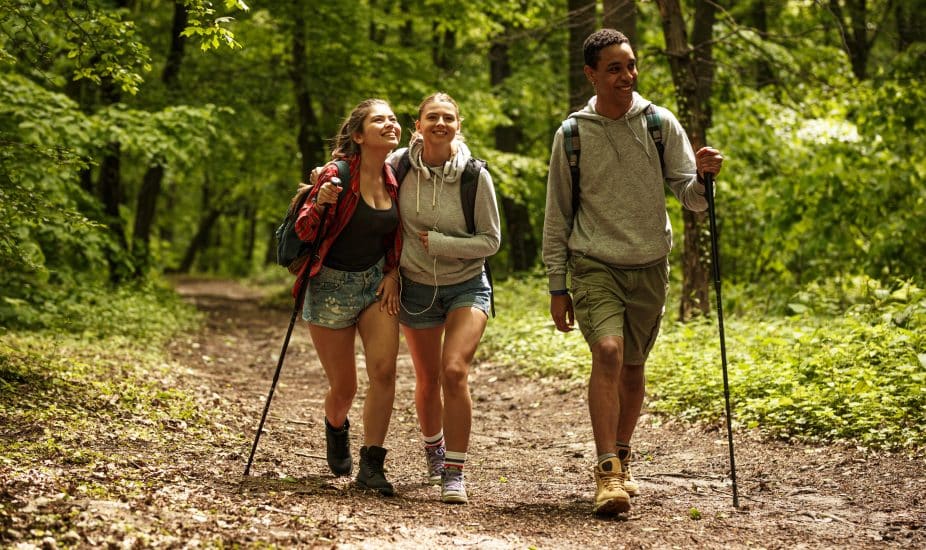But that doesn’t mean we don’t have influence.
In fact, we have a lot of influence; it’s just not as direct as it used to be.
Here are 4 of the most important levers adults have to influence kids towards positive peer influences:
- Show them how. Eventually, kids will replicate what they’ve seen while growing up. It’s a fact of life that impacts everything. Many kids, however, rarely see their parents engage in a healthy friendship. Whether it’s lack of time or proximity, it’s important to intentionally allow our kids to see us interact with peers so they can learn what it looks like to have authentic friendships.That might mean inviting them to our house, calling them on the phone when our kids are in the car, or setting up travel to visit them. Regardless, our kids likely won’t see the value of healthy friendships or know how to have them without us modeling what it looks like.
- Be exceptionally curious about their friends. When our kids are young, by and large, we’re aware of who their friends are. When they reach middle or high school, they spend a lot more time without us around and typically interact with dozens more kids than they did when they were younger. To get to know their friends, we have to be exceptionally curious.
- Be genuinely interested in them. When your kid has friends over, do your best to show genuine interest in them. On the one hand, you’ll signal to your kid how valuable you view their friends. On the other hand, you’ll also get to know what kinds of people they are and be able to build a relationship with them.
- Reflect rather than critique. You might be tempted to critique their choice of friends for a good reason. But history shows that teenagers don’t take kindly to critique. If you can hold onto some of your anxiety and angst and channel that energy into inviting your kid to reflect on their friends, the more likely they’ll be to come to their senses.
Your kid will likely cycle through a series of friendships and groups of friends. Be patient, and before you know it, they’ll stumble on a good one.
In the meantime, follow the steps above and ensure it’s at the top of your mind. Continue to reinforce how important good friends are and model healthy friendships.


